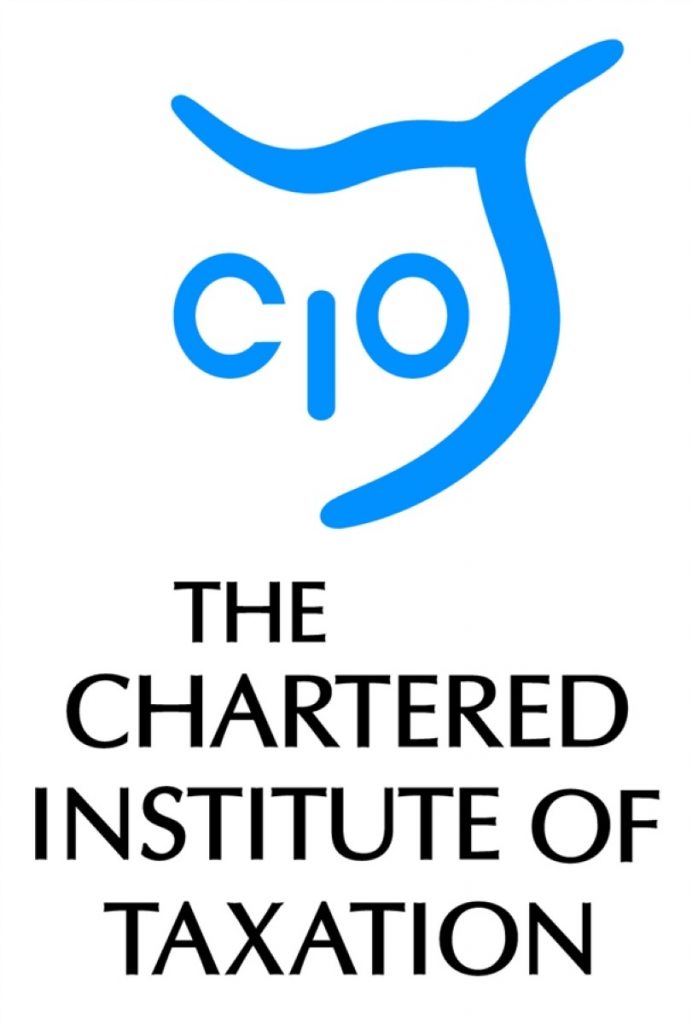Autumn Statement: Scottish tax advisers welcome tax credits reversal but express caution over apprenticeship levy
The Chartered Institute of Taxation’s Scottish Technical Committee has welcomed the announcement by the Chancellor that the decision to cut some tax credits will be reversed; these were due to be cut from April 2016.
Moira Kelly, Scottish Technical Committee Chairman, explained:
“The Chancellor announced a raft of measures which will have an effect on Scottish taxpayers. He had previously announced that the working tax credit threshold would be reduced from £6,420 down to £3,850 from April 2016 and the child tax credit threshold reduced from £16,105 to £12,125. However, it’s not all good news; for example the income disregard is still to be halved to £2,500 (from £5,000).
“The rationale for a reversal in policy on tax credits was due to ‘improved public finances’.”
The CIOT also commented on the Chancellor’s announcement on a new apprenticeship levy. Moira Kelly said:
“George Osborne also announced details of a UK-wide apprenticeship levy to help fund employer apprenticeship schemes. The levy is due to be introduced in April 2017 at a rate of 0.5 per cent of an employer’s pay bill, delivering some three million apprenticeships starting by 2020. Employers will receive an allowance of £15,000 to offset against their levy payment, which will only be paid on bills in excess of £3m. The Government believes the levy will raise £3bn by 2019/20.
“The burden of payment of apprentices is being shifted from the public purse to individual companies, and as a consequence, the relevant budget in the UK will be reduced and there will be a consequential effect on the Scottish budget.
“It is important to remember that it will be mainly medium and larger companies that will pay the levy; you would have to be a fairly significant business to have a wage bill of £3 million. In any case, it would be wrong-headed for the Treasury to regard the measure as a revenue-raiser as the money raised ought to be distributed back to those businesses which have invested significant resources in training apprentices.”
CIOT has also commented on the announcement that there will be extra rates of stamp duty south of the border for buy-to-let landlords and people buying second homes. Moira Kelly commented:
“In respect of the SDLT announcement, due to apply from April 2016, this will not affect properties in Scotland, as they are only subject to LBTT. The extra 3% will only be added to SDLT. So, we will need to keep a keen eye on what the interactions (if any) will be for those who may own multiple properties in Scotland, England or Wales.”
Note to editors
1. The Chartered Institute of Taxation (CIOT)
The CIOT is the leading professional body in the United Kingdom concerned solely with taxation. The CIOT is an educational charity, promoting education and study of the administration and practice of taxation. One of our key aims is to work for a better, more efficient, tax system for all affected by it – taxpayers, their advisers and the authorities. The CIOT’s work covers all aspects of taxation, including direct and indirect taxes and duties. Through our Low Incomes Tax Reform Group (LITRG), the CIOT has a particular focus on improving the tax system, including tax credits and benefits, for the unrepresented taxpayer.
The CIOT draws on our members’ experience in private practice, commerce and industry, government and academia to improve tax administration and propose and explain how tax policy objectives can most effectively be achieved. We also link to, and draw on, similar leading professional tax bodies in other countries. The CIOT’s comments and recommendations on tax issues are made in line with our charitable objectives: we are politically neutral in our work.
The CIOT’s 17,500 members have the practising title of ‘Chartered Tax Adviser’ and the designatory letters ‘CTA’, to represent the leading tax qualification.





-01.png)